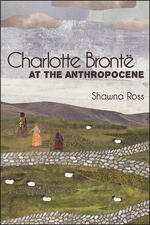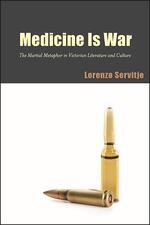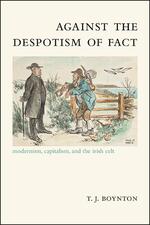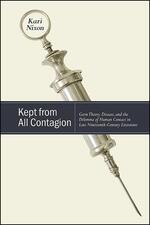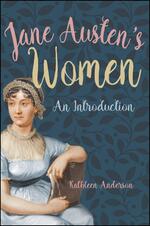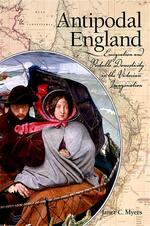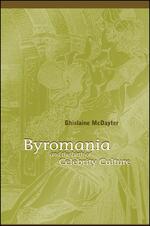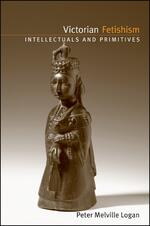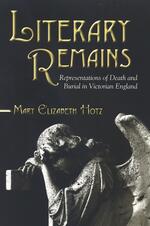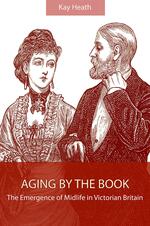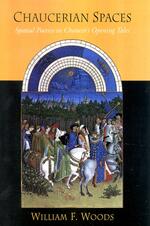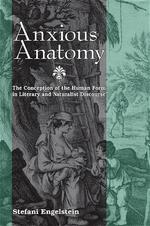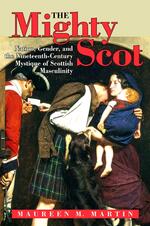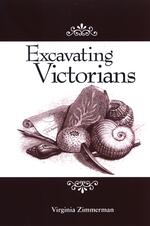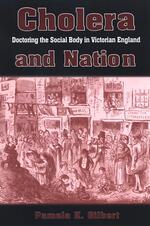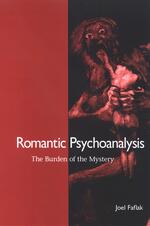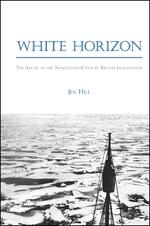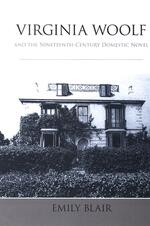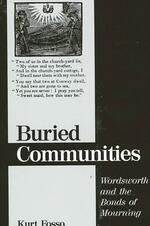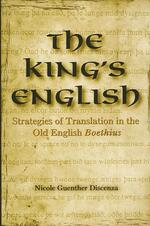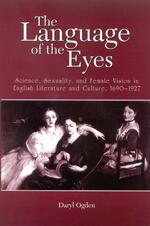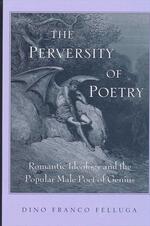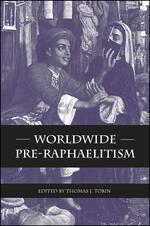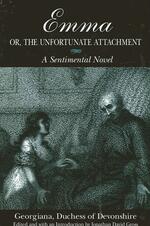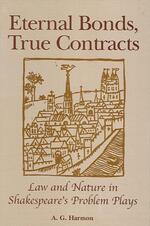English Literature
Charlotte Brontë at the Anthropocene
Forges a fresh interpretation of Charlotte Brontë’s oeuvre as a response to ecological instability.
Medicine Is War
Examines how literature mediated a convergence of militarism and medicine in Victorian culture that continues into the present via a widespread martial metaphor.
Against the Despotism of Fact
First comprehensive account of the figure of the Irish Celt in modern British and Irish literature.
Kept from All Contagion
Highlights connections between authors rarely studied together by exposing their shared counternarratives to germ theory's implicit suggestion of protection in isolation.
Jane Austen's Women
An original critical introduction to women characters in the novels of Jane Austen.
Antipodal England
Examines Victorian conceptions of home and identity by looking at portrayals and accounts of middle-class emigration to Australia.
Byromania and the Birth of Celebrity Culture
Argues that Byron’s popularity marked the beginning of celebrity as a cultural identity.
Victorian Fetishism
Examines the importance of fetishism in nineteenth-century cultural theory.
Literary Remains
Explores Victorian responses to death and burial in literature, journalism, and legal writing.
Aging by the Book
Uncovers the origins of midlife anxiety in Victorian print culture.
Chaucerian Spaces
Examines affect and the significance of space and place in the first six Canterbury Tales.
Anxious Anatomy
Examines the body in literature and science in late eighteenth- and early nineteenth-century Europe.
The Mighty Scot
Turns a spotlight on the Victorian love affair with Scotland.
Excavating Victorians
How Victorians reacted to the new sciences of geology and archaeology.
Cholera and Nation
How cholera epidemics affected Victorian perceptions of the body and the nation.
Romantic Psychoanalysis
How the Romantics invented psychoanalysis in advance of Freud.
White Horizon
From explorers’ accounts to boys’ adventure fiction, how Arctic exploration served as a metaphor for nation-building and empire in nineteenth-century Britain.
Virginia Woolf and the Nineteenth-Century Domestic Novel
Traces Woolf’s persistent yet vexed fascination with nineteenth-century descriptions of English domesticity and female creativity.
Buried Communities
Offers an explanation for the poet's mysterious and longstanding preoccupation with death and grief.
The King's English
Shows how Alfred the Great's translations of Latin works exposed Anglo-Saxon elites to classical learning and Christian thought while bringing prestige to the king and his West Saxon dialect.
The Language of the Eyes
Recovers a dynamic women’s tradition of vision and sexuality, challenging Darwinian and Freudian accounts of women as nonvisual sexual agents.
The Perversity of Poetry
Explains why poetry gave way to the realist novel as the dominant literary form in nineteenth-century England.
Worldwide Pre-Raphaelitism
Examines the influence of the Pre-Raphaelite movement on art and literature around the world.
Emma; or, The Unfortunate Attachment
An early British novel, attributed to Georgiana, Duchess of Devonshire, which explores the problems of first impressions and arranged marriages from the perspective of a woman who would suffer the long-term consequences of both.
Eternal Bonds, True Contracts
Uses legal and literary resources to explore Shakespeare's use of the law and its instruments in the problem plays.
